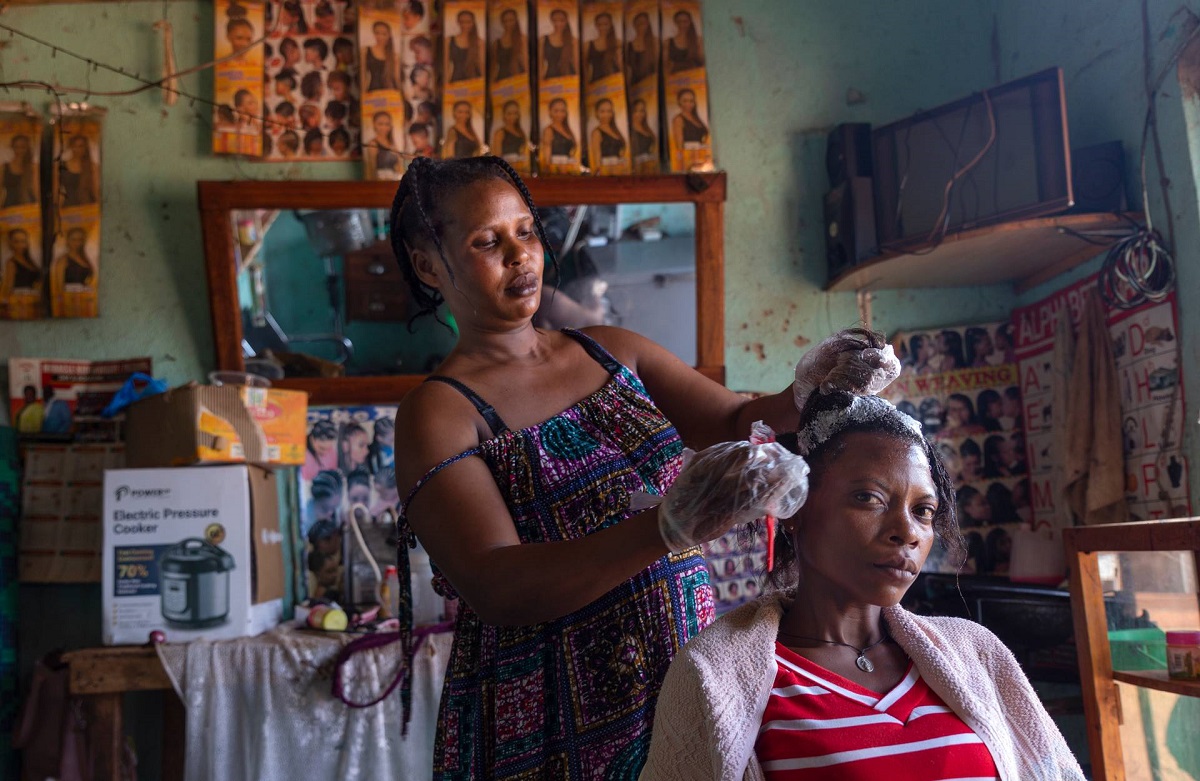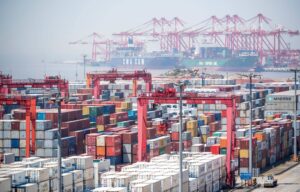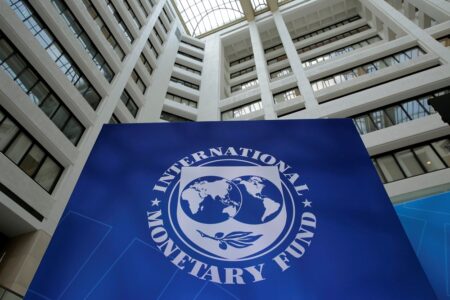- Climate solutions charity Ashden says the UK should show international leadership as COP28 nears, not fossil fuel folly.
- Ashden CEO says the UK ought to maintain global leadership by being in the vanguard of phasing out fossil fuels.
- Reneging and avoiding our international responsibilities to support Africa in sustainability shows no climate solutions leadership at all.
In a world grappling with the urgency of climate action, the UK has long been a beacon of progress in environmental policy. However, the European country appears to be taking a perplexing step in the opposite direction.
In his maiden speech on 07 November 2023, King Charles III unveiled his intention to further dilute environmental protection regulations. This motive was initiated by Prime Minister Rishi Sunak. In the plan, the moratorium on North Sea oil and gas extraction, lifted by Sunak in July, is set to be followed by a new law that mandates annual issuance of oil and gas drilling licenses in the North Sea. Sunak government’s argument revolves around protecting jobs, lowering dependence on foreign fuel, and enhancing energy security.
King’s speech waters down UK’s net-zero objectives
However, environmental advocates like Ashden and opposition parties argue that this decision will hamper the UK’s transition to renewable energy. They also say it waters down the UK’s commitment to achieving net-zero greenhouse gas emissions by 2050.
Notably, the king, a lifelong advocate for environmental causes, maintained a stoic demeanour throughout the announcement, in a brief 10-minute speech. “My Ministers’ focus is on increasing economic growth and safeguarding the health and security of the British people for generations to come.”
As the global community prepares to converge for COP28 at the end of November in the United Arab Emirates (UAE), the question arises: Is the UK’s self-defeating stance a sign of change in the winds or a temporary lapse in its commitment to a sustainable future?
The King’s speech, written by Sunak’s government, lays out key government policy for the state opening of Parliament. It comes a week after King Charles III and Queen Camilla concluded a four-day state visit to Kenya.
The royal tour of East Africa’s largest economy, from 31st October to 3rd November, was King Charles’ first trip to Africa since becoming king following the death of his mother, Queen Elizabeth II. The UK government said the visit was “to celebrate the warm relationship between the two countries”.
UK announcing greater support for fossil fuels
Dr Ashok Sinha, CEO of climate solutions charity Ashden, said: “It’s essential that the UK maintains international climate leadership by being in the vanguard of phasing out fossil fuels. Instead, we’re announcing greater support for fossil fuels just three weeks before COP28 starts. This is the opposite of the leadership required to secure a global agreement at the talks to phase out fossil fuels and will do nothing to lower energy bills or increase energy security.
“The fact that the UK also recently declined to sign the latest High Ambition Group of countries statement which called for international solidarity to put in place financial system reforms responsive to the multitude of crises the world faces today – is another blow to our reputation for leadership. Such decisions are a dereliction of duty both to UK citizens and to the world. The focus must be on investing in and upscaling the solutions which decrease emissions, create jobs and benefit communities – and there are plenty. We have the technology and know-how, we just need to show the will and vision.”
Ashden runs an annual publication in which they showcase transformative climate solutions from the UK and the global South. Each year, they host an awards ceremony, set to be celebrated both in London and online next Tuesday, November 14th.
Furthermore, Ashden runs clean energy programs and campaigns. These campaigns strategically emphasise on fostering green jobs, honing vital skills, and enhancing livelihoods. At the moment, eight out of the 10 Ashden Award nominees are from the African continent. This underscores Ashden’s commitment to championing sustainable solutions where they are needed most.
Fossil fuels run counter to environmental sustainability efforts
As the world grapples with the pressing need for environmental sustainability, Ashden’s pivotal role cannot be overstated. Their focus on green jobs and skill development highlights the need for economic empowerment within the context of climate action. It also serves as a reminder that meaningful change often begins with grassroots efforts.
African nominees among Ashden Awards finalists are indicative of the continent’s potential to lead in environmental innovation. Ashden’s awards and initiatives, set against the backdrop of a changing climate, offer a ray of hope. They signal that a tangible path forward for a more sustainable and prosperous future is possible.
Two clean energy solutions in action – Uganda and Nigeria
Nominees for the 2023 Ashden Award for Integrated Energy in Africa, like Husk Power (Nigeria) and Power for All (Uganda), are transforming lives with clean energy access. These initiatives, with adequate financial backing, can expand their impact from millions to millions more.
In Sub-Saharan Africa, solar mini-grids are vital. They are supplying clean energy to communities with little hope of ever connecting to the main grid. In Nigeria, the Sunshot Initiative by Husk Power Systems seeks to impact 7.7 million people across the continent within five years.

Solar mini-grids in Sub-Saharan Africa
Sunshot mini-grids are now operational in Nigeria’s Nasarawa State. They are supporting local small businesses by providing loans for new equipment and fostering entrepreneurship. This approach ensures sustained demand for power, ultimately reducing costs for consumers, a hallmark of Husk’s efforts. The company’s efficient expansion into new communities also contributes to cost-effectiveness.
Husk Power recently secured over $100 million in equity and debt investments. This financing will help propel the growth of solar mini-grids in rural sub-Saharan Africa and South Asia.
In Uganda, where the majority of the 40 million population lacks energy access, the “Twaake” project by Power for All seeks to combine centralized and decentralized renewable energy companies. The goal is to expedite and economize electrification, enhance rural well-being, and eliminate energy poverty.
The project’s local energy ecosystems educate homeowners on energy usage and payment methods. They also demonstrate how to leverage renewable power for business growth and income. Additionally, these ecosystems are capable of installing local solar mini-grids in just a few days. For millions of users, it typically takes months for them to get a connection from a centralized utility.
Ashden call to action: stop new fossil fuel extraction
Dr Sinha said: “Investment in these projects should be a clear demonstration to governments that many investors are clearly behind the clean energy sector. But for the transition to happen at the scale and speed needed, these solutions need the backing of governments at COP28 through a collective, unwavering commitment to stop new fossil fuel extraction and phasing out, not just down, fossil fuel use.
“Around the world we can see that African countries and others in the global South are generally feeling the worst of climate impacts but have the least financial capacity to respond. Reneging and avoiding our international responsibilities to support them shows no climate leadership at all.”











